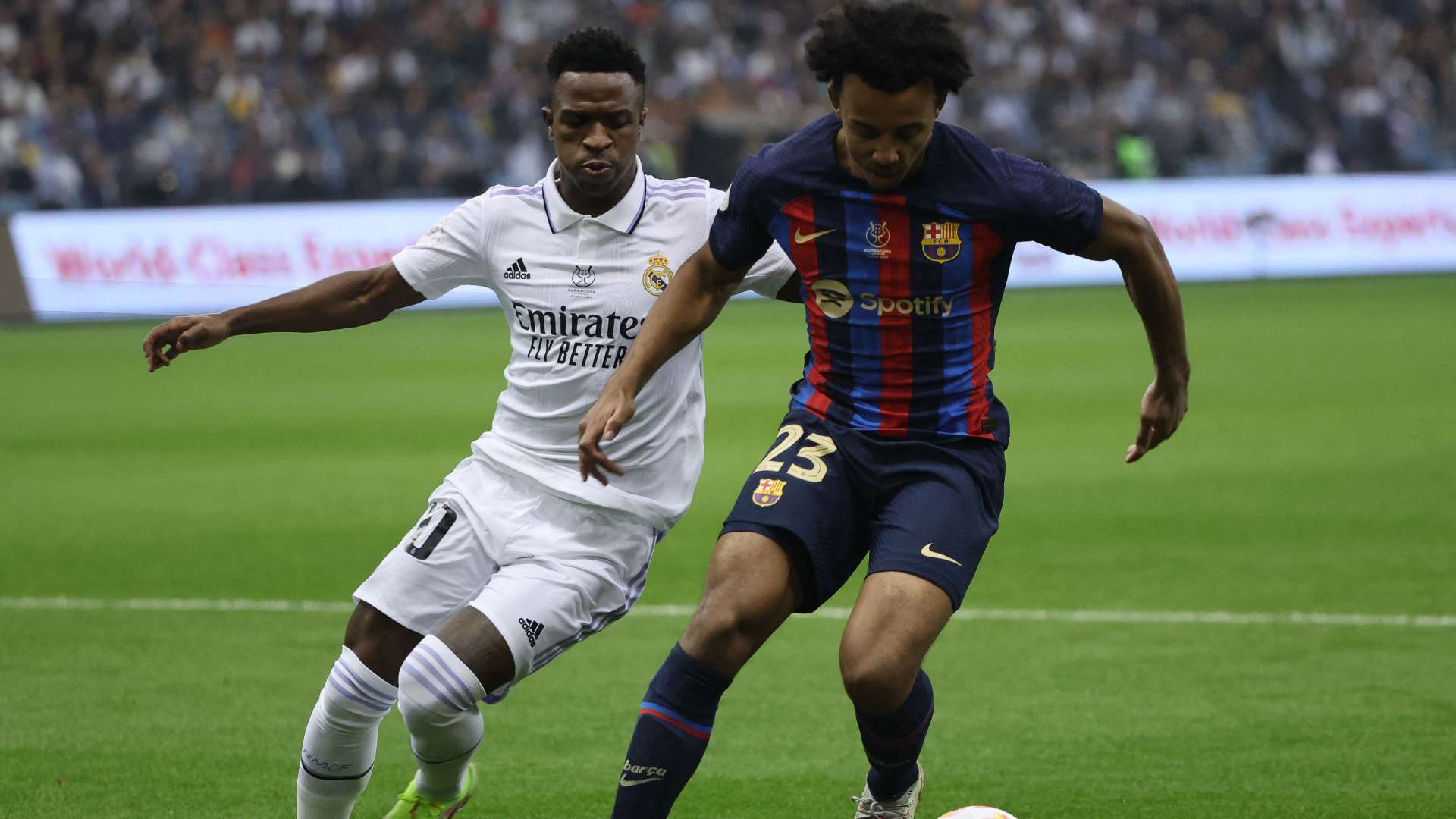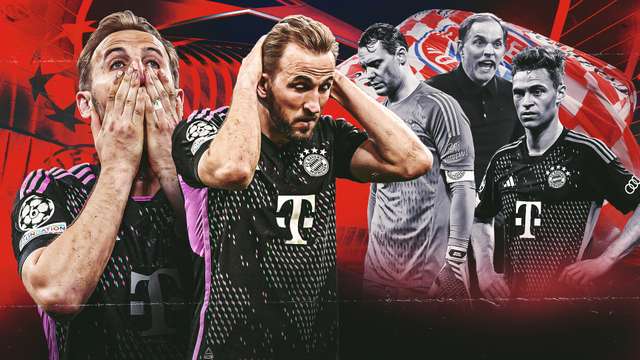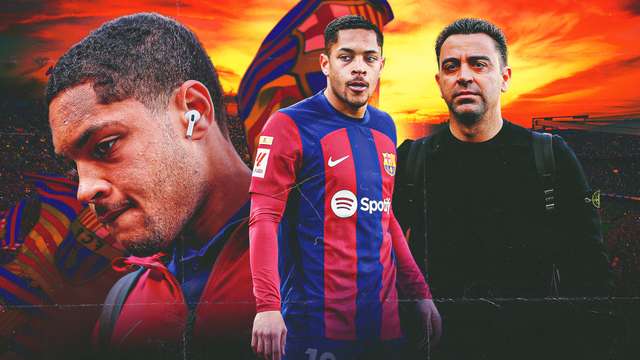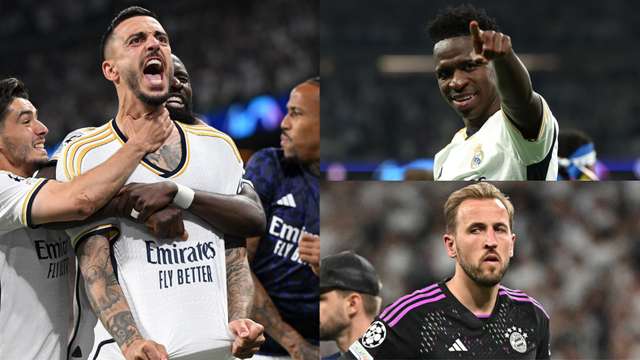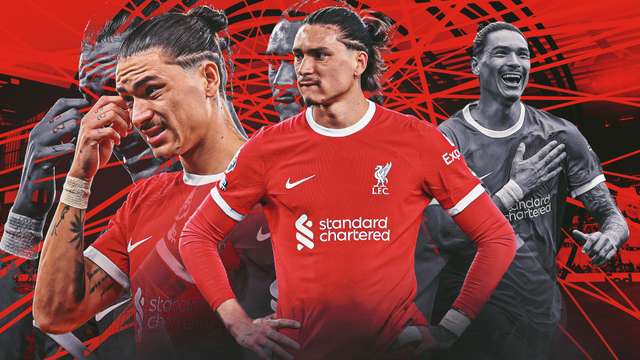Certain football rivalries are emblematic of the best a country has to offer and in the case of Spain, El Clasico - perhaps more than any cup final - is the undisputed flagship fixture.
This page contains affiliate links. When you subscribe through the links, we may earn a commission.
📺 Watch La Liga live on Viaplay Sports in the UK
💻 Watch Spanish football live only on ESPN+ in the U.S.
🖥️ Stream Copa del Rey live in the UK
The showdown between Barcelona and Real Madrid is one which fans from all over the world make sure to mark in their calendars, with encounters typically serving up plenty of brilliance as well as flashpoints. But what does the term football fans utter to describe one of the world's most intense sporting rivalries actually mean?
GOAL takes a look at the meaning of El Clasico, when the term came into use and more.
Contents
- What does El Clasico mean?
- When did Real Madrid vs Barcelona become El Clasico?
- Why are Real Madrid and Barcelona rivals?
What does El Clasico mean?
El Clasico is the name given to any game between bitter rivals Real Madrid and Barcelona. It is a Spanish term which translates to 'The Classic' in English and is known in Catalan as El Classic.
Matches involving Real Madrid and Barcelona - Spain's biggest and most successful clubs - are deemed to be the pinnacle of Spanish football, hence the idea that it is the country's 'classic' encounter.
In a more abstract sense, El Clasico has come to mean much more than just the on-pitch showdown between Barcelona and Real Madrid, since it is a striking symbol of Spain's infamous Civil War divide.
Real Madrid's match against city rivals Atletico is sometimes referred to El Otro Clasico, meaning 'The Other Classic' in English - a name which serves to emphasise its secondary nature in the scale of derbies.
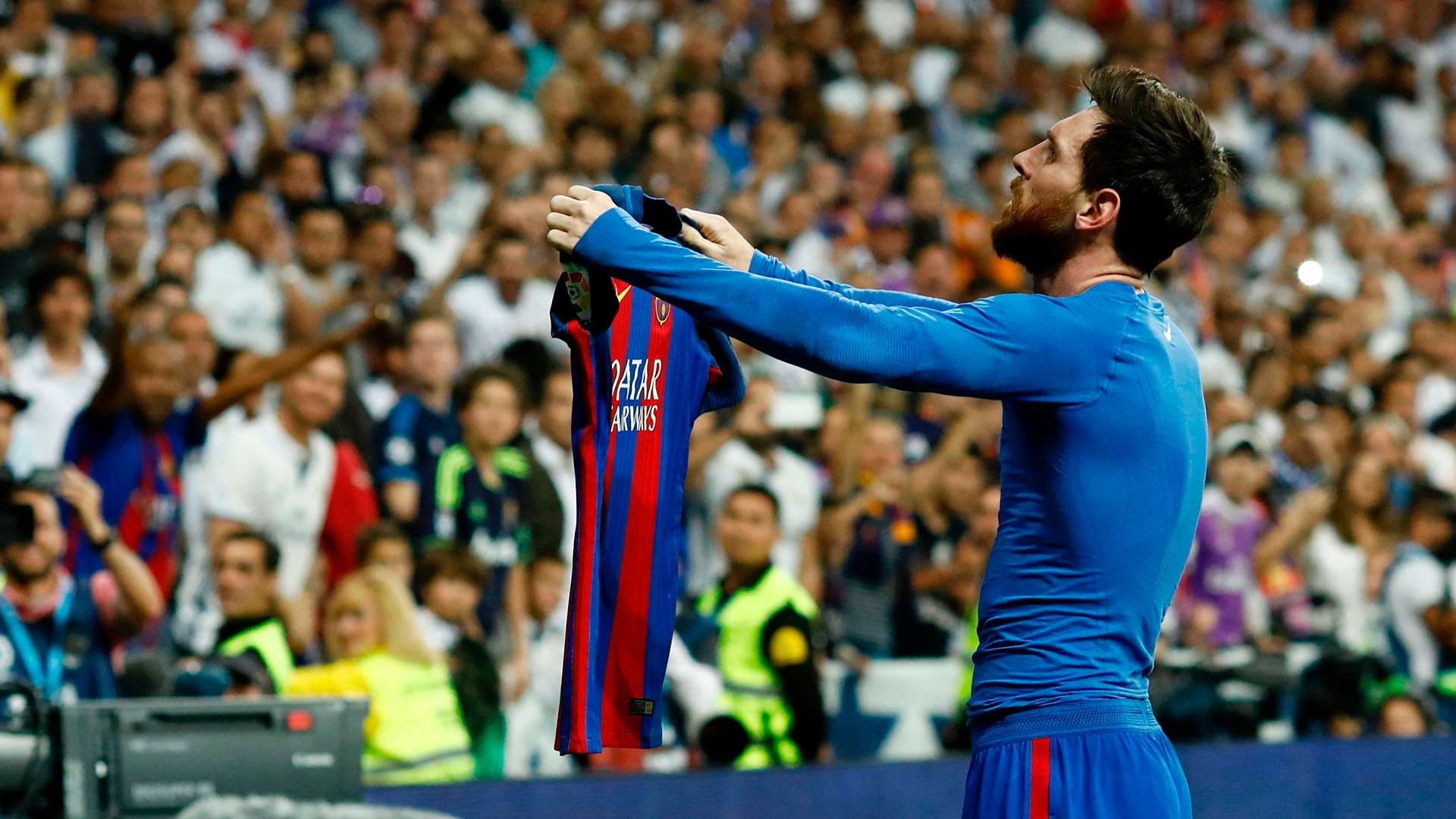 Getty
Getty
When did Real Madrid vs Barcelona become El Clasico?
Interestingly, the use of 'El Clasico' to describe Real Madrid versus Barcelona is a relatively recent phenomenon, having only entered the mainstream lexicon of Spanish football in the mid-2000s.
Prior to that point in time, the game between Barcelona and Real Madrid was usually referred to as El Derbi (The Derby) or the even more straightforward descriptors 'Madrid-Barca' or 'Barca-Madrid'.
It is believed that Spanish football took inspiration from South and Central America, where the term 'Clasico' is commonly used to describe derby matches or meetings between rival teams.
The most famous Clasico in South America is, of course, the Superclasico between Buenos Aires rivals Boca Juniors and River Plate.
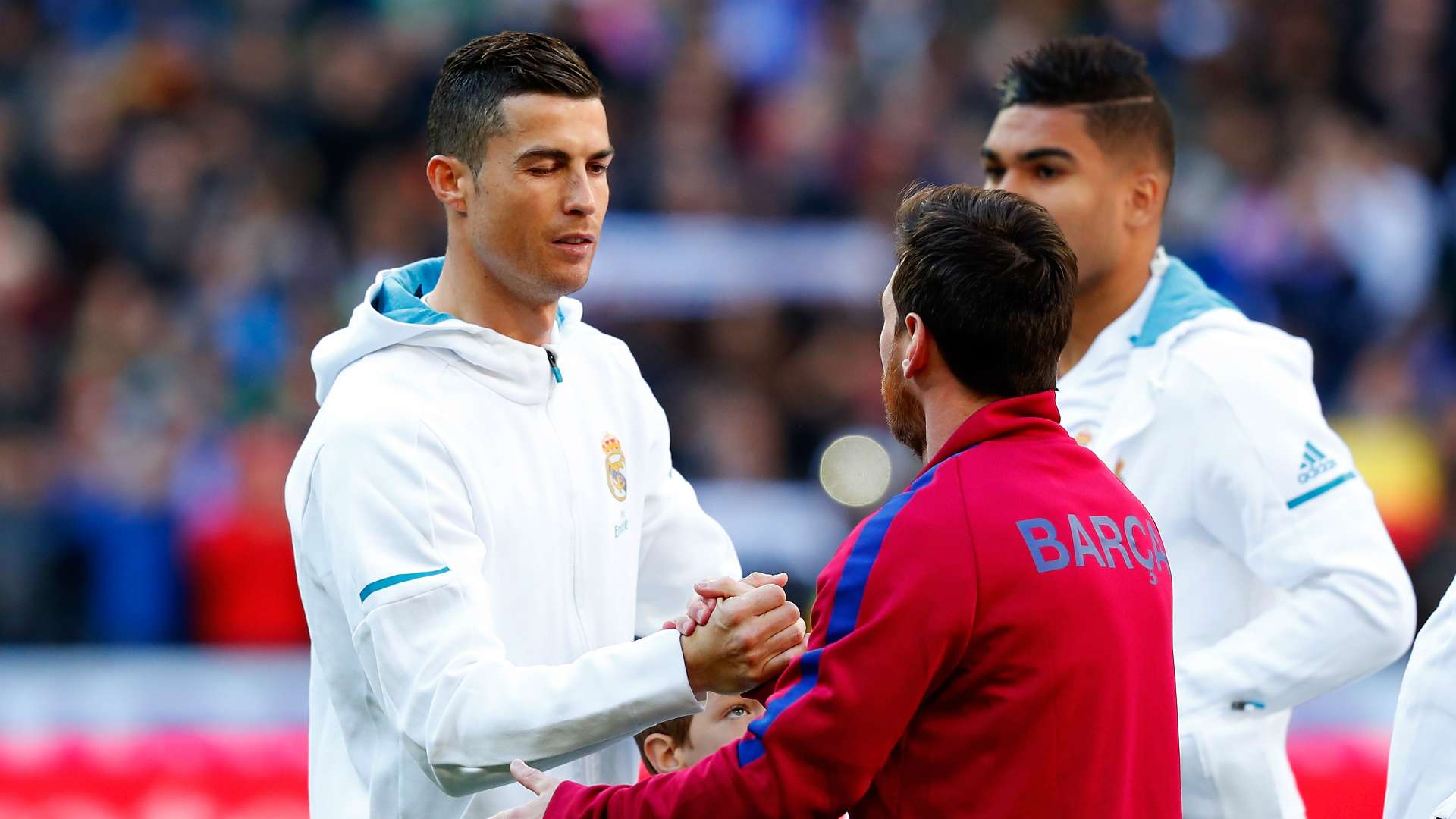 Getty
Getty
Why are Real Madrid and Barcelona rivals?
Barcelona and Real Madrid are situated in different parts of Spain, so why are they rivals? The enmity between the teams is deeply political as well as sporting.
The rivalry between the teams intensified during the Spanish Civil War and became deeply entrenched in the years after World War II. Catalunya was a republican heartland during the Civil War, whereas Madrid - the capital - was the seat of establishment power, epitomised by General Franco and the Spanish royal family.
Barca's motto 'Mes Que Un Club' - more than a club - alludes heavily to the fact that the club stand for more than just sport; it is a symbol of Catalan pride, which has been inextricably associated with the independence movement.
While there is peace in Spain today, the tentacles of the Civil War still reach forward into the present and games between Real Madrid and Barcelona crystallise the divide.
The fact that both clubs tend to be directly competing for La Liga, Copa del Rey and Champions League glory has naturally played a part in making the rivalry more keenly felt.
